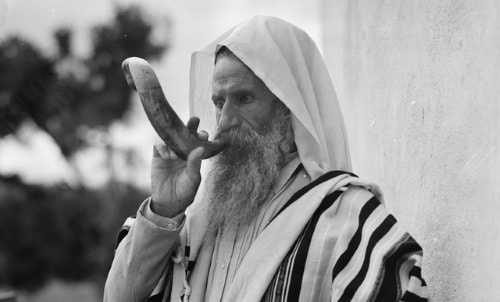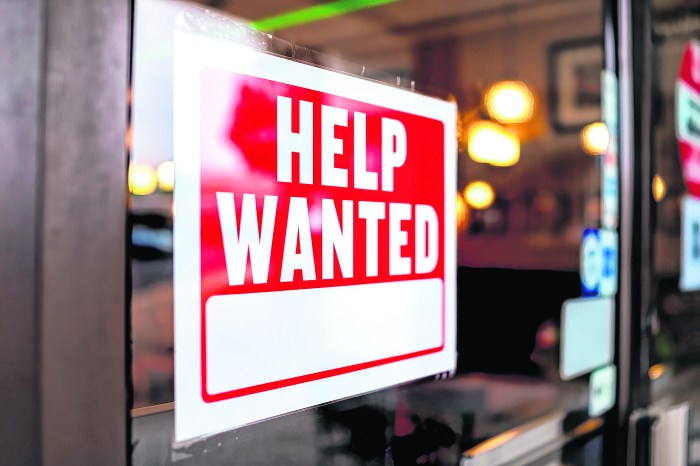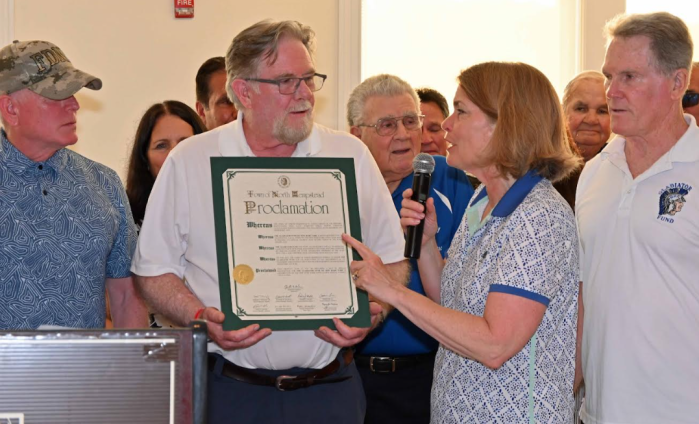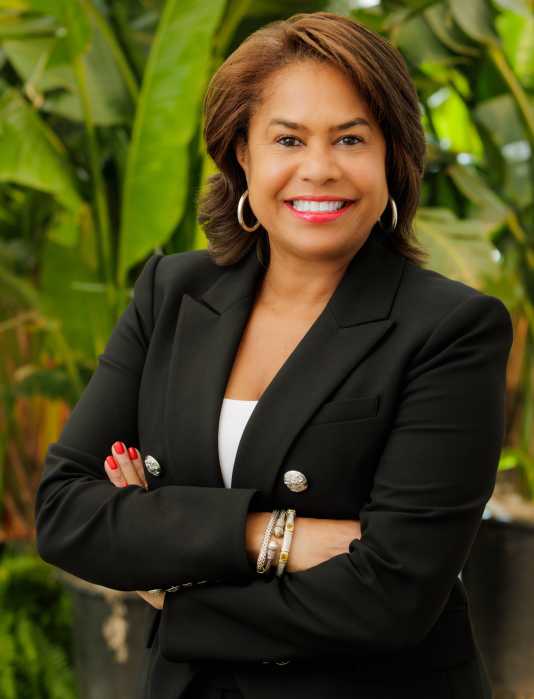The month of September marks the High Holidays, a very meaningful period for the Jewish people.
Rosh Hashanah, meaning “beginning of the year,” starts at sundown on Sunday, September 9 and ends at sundown on September 11. One of the main observances of the holiday is hearing the sounds of the shofar (a ram’s horn). The piercing sound of the shofar has been described as an alarm, a call to repentance, a time to look back at the mistakes of the past year and make changes in the new year.
“Rosh Hashana is not just the Jewish New Year, but we believe the turning point in the year for the entire world,” says Rabbi Charles Klein, the head rabbi and spiritual leader of the Merrick Jewish Centre, a conservative synagogue, and former president of the New York Board of Rabbis. “On Rosh Hashana we really understand that we are citizens of a world and have a responsibility that we are in this together.”
Rosh Hashanah is also a time that commemorates the creation of the world and marks the beginning of the Days of Awe, a 10-day period of introspection and repentance that culminates in the Yom Kippur holiday.
On Sept. 18 at sundown begins Yom Kippur, the holiest day of the year for the Jewish people; it ends on the eve of September 19 and is referred to as “The Day of Atonement.” This solemn religious day is a time of prayer, reflection, and fasting. Rabbi Klein, who has delivered hundreds of sermons spanning four decades, explains that on Yom Kippur “the focus is on us.”
“We turn the spotlight on our own lives,” says Klein, who has more than 2,500 worshippers who fill his synagogue during the High Holidays. “I know it is very popular to take selfies. I spoke last year about Yom Kippur and about taking a SOUL-fie, a picture of our soul and asking ourselves if we are fulfilling what our souls could do.
“Are we acting morally and ethically as we should in our human relations in what we say and what we do?” he asks. “Are we being honest in our self-evaluation? Are we really facing up to our wrongdoings and our faults or are we just camouflaging them and looking away from things we have done wrong that really need to be done differently and better?”
Other religious holidays this month are Sukkot (Sept. 23) and Simchat Torah (Oct. 1)


































